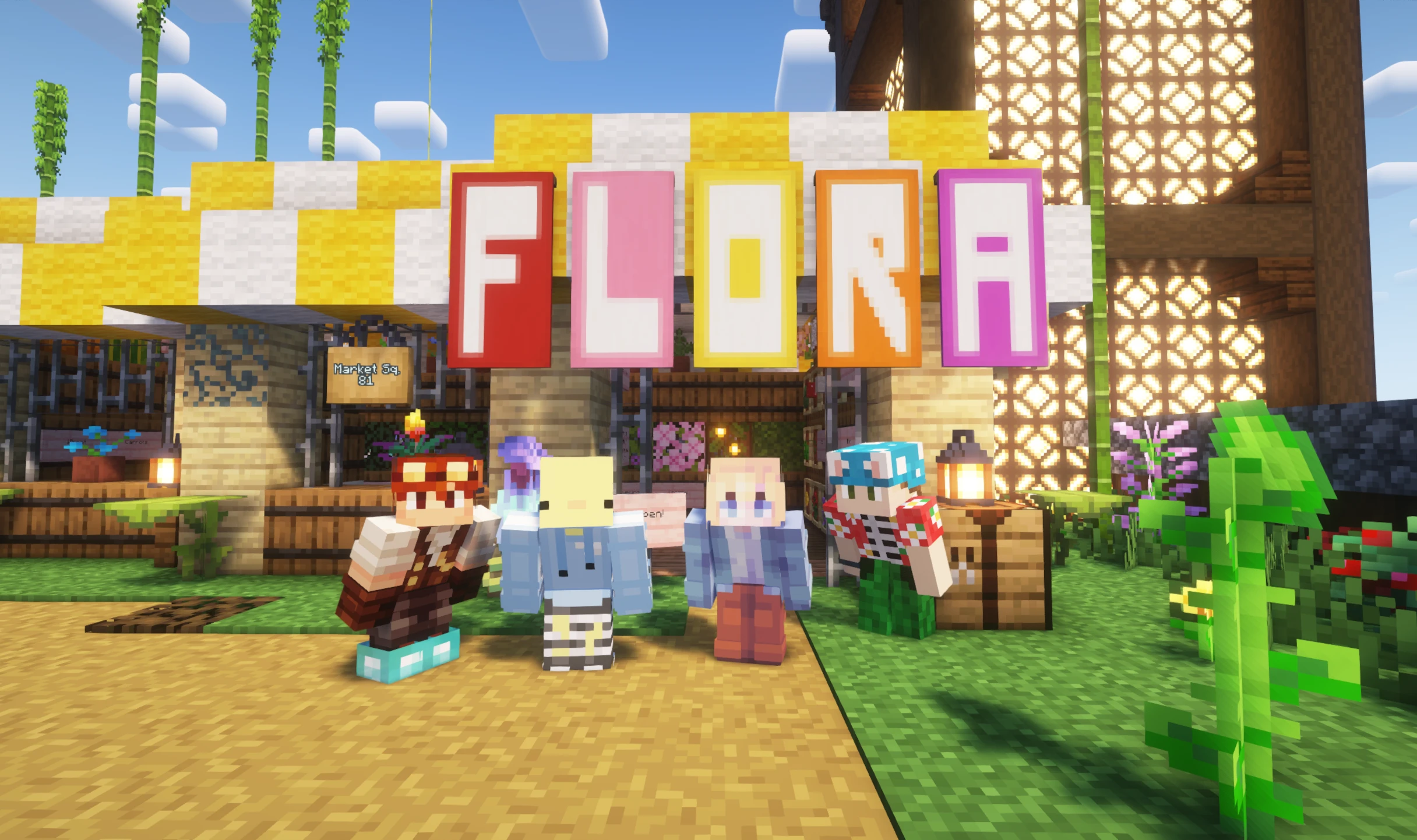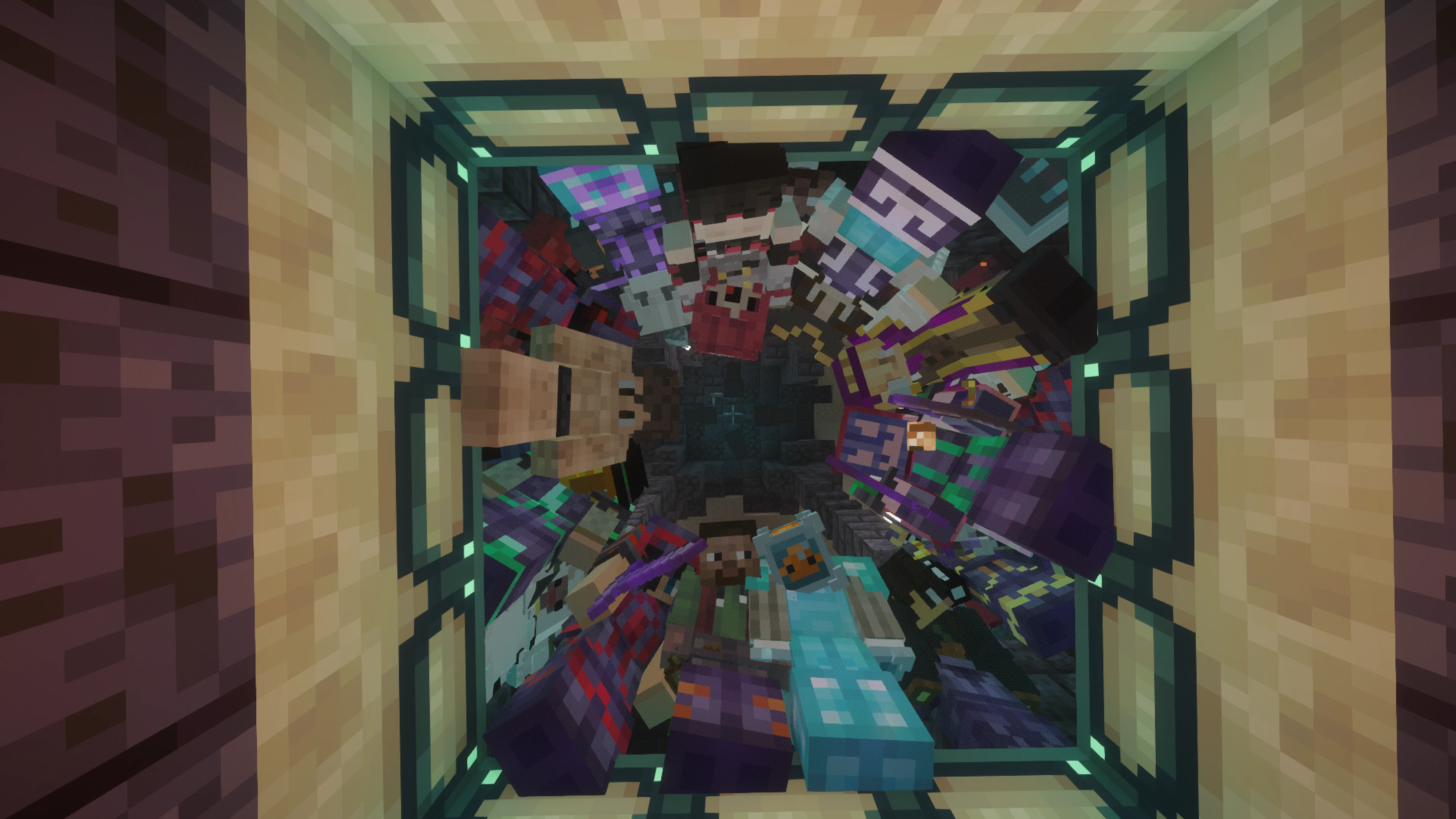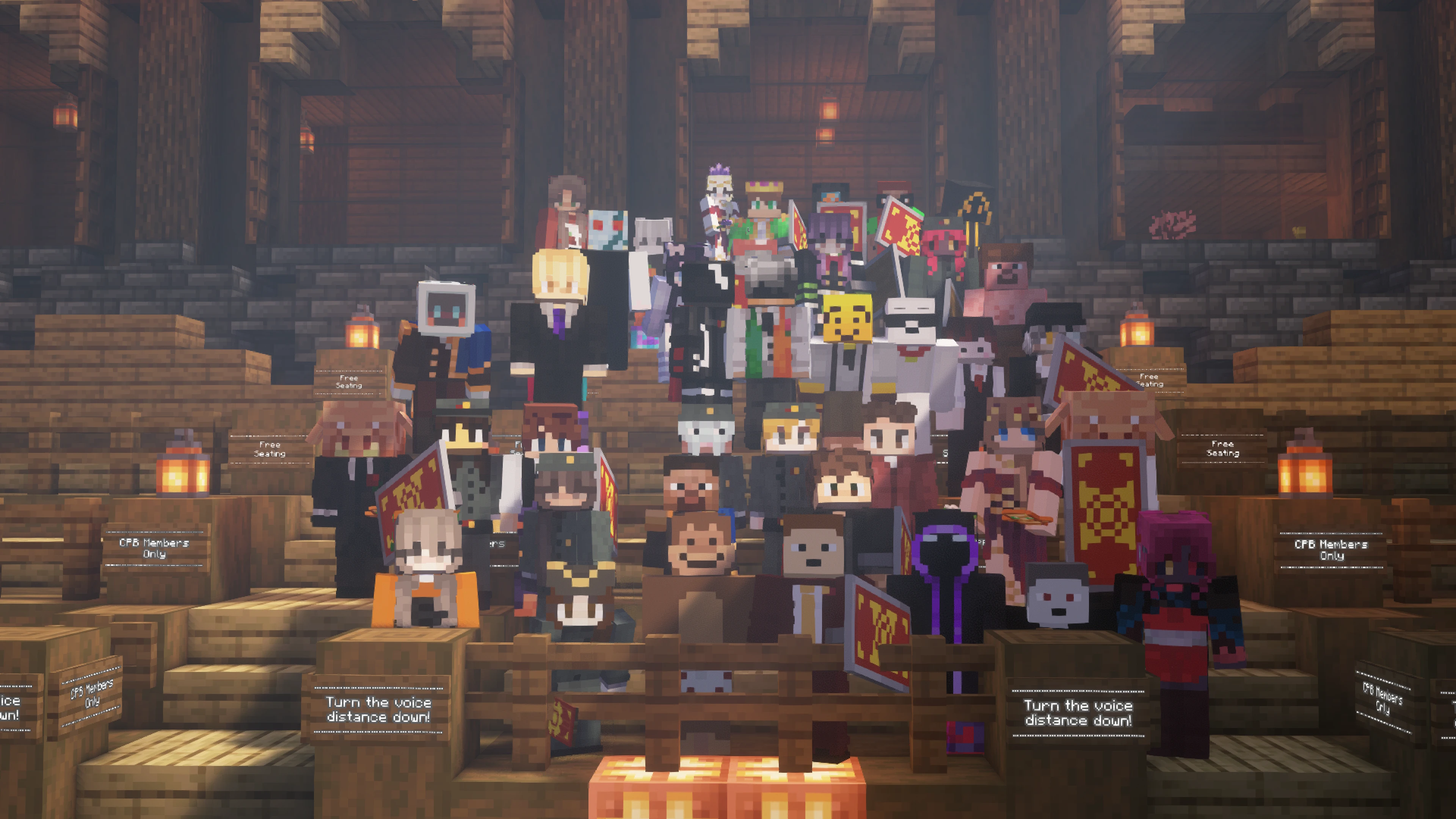
Welcome to Alinea
We are a player-driven Minecraft world with tight-knit community play organised into provinces, rebalanced so teamwork genuinely matters.
Whitelist-enabled
Play in a community built on trust and respect.
Voice-chat-enabled
Make friends without the usual friction.
Provinces
Our communtiy-led world isn't just multiplayer; it feels like multiplayer too.
Rebalanced for Multiplayer
So there is always something left to do, even after the early-game rush.
No-command gameplay
Focus on gameplay, not the chat console.
Here to Stay
Over half a decade in, we know how to keep a community thriving.
Server Address
play.alinea.gg
Status
Loading...
Players Online
—
Version
—
Want to Join?
Alinea is a whitelisted server. Join our Discord to apply and become part of our community!



